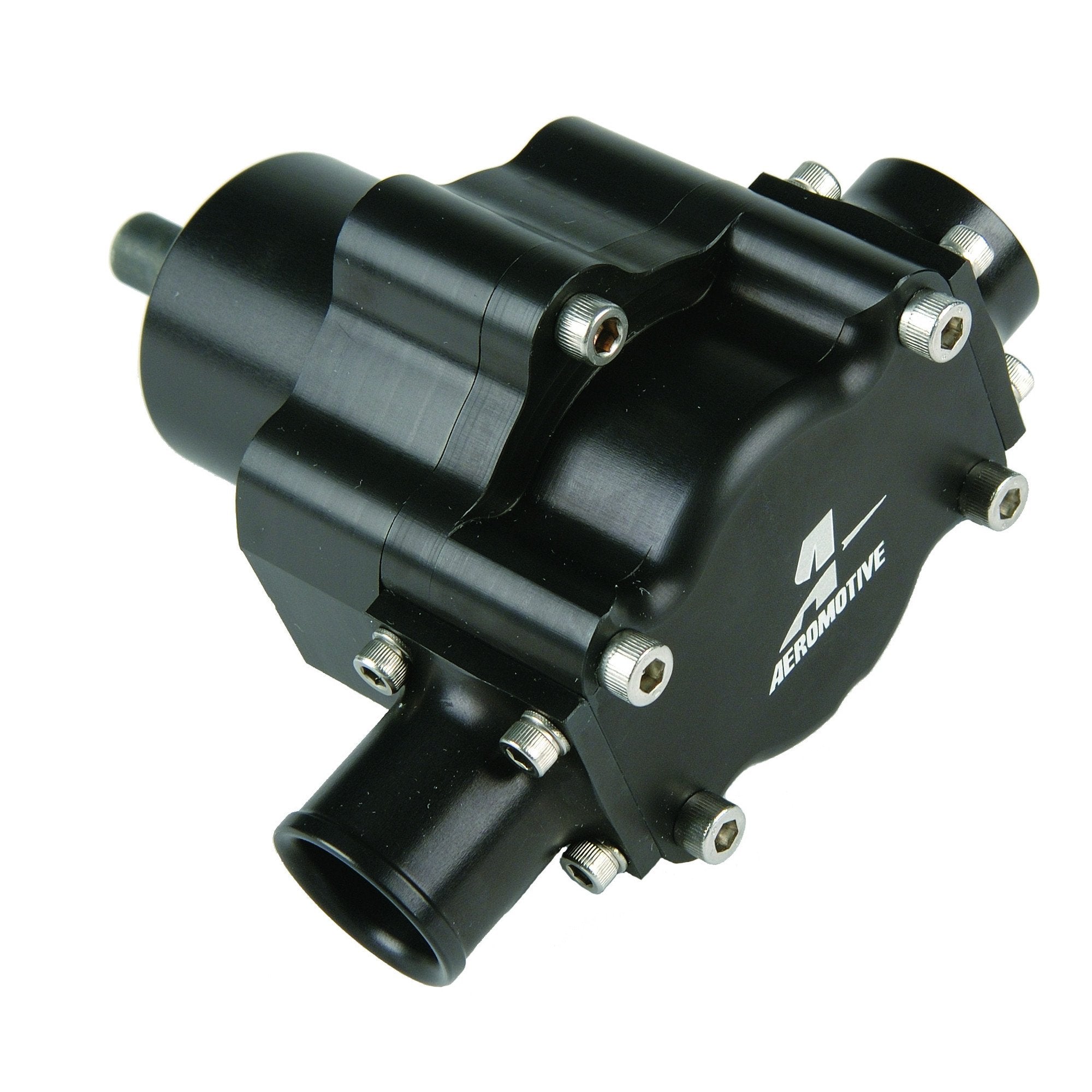Mechanical fuel pumps play a crucial role in delivering fuel from the tank to the engine in various mechanical systems. However, like any mechanical component, they are prone to failures. In this blog post, we will delve into the intricate details of what causes mechanical fuel pumps to fail, exploring the underlying reasons and providing valuable insights for troubleshooting and prevention.
- Insufficient Fuel Pressure:
One common cause of mechanical fuel pump failure is insufficient fuel pressure. This can occur due to a variety of reasons, such as a worn-out diaphragm, a clogged fuel filter, or a malfunctioning pressure regulator. We will discuss each of these factors in detail, highlighting their impact on fuel pressure and the subsequent consequences for the engine's performance. - Contamination and Debris:
Contamination and debris within the fuel system can wreak havoc on mechanical fuel pumps. Particles, rust, and sediment can accumulate over time, leading to blockages and impairing the pump's ability to function optimally. We will explore the sources of contamination, the potential damage caused, and effective methods for preventing and mitigating these issues. - Electrical and Wiring Problems:
While mechanical fuel pumps are primarily driven by mechanical means, they often rely on electrical components for activation and control. Faulty wiring, loose connections, or damaged electrical components can disrupt the pump's operation, resulting in fuel delivery issues. We will discuss the electrical aspects of mechanical fuel pump failures, offering troubleshooting tips and highlighting the importance of regular maintenance. - Overheating and Vapor Lock:
Mechanical fuel pumps are susceptible to overheating, especially in high-temperature environments. Overheating can lead to vapor lock, a condition where the fuel vaporizes before reaching the engine, causing fuel starvation and engine stalling. We will delve into the causes of overheating, the symptoms of vapor lock, and effective cooling strategies to prevent these failures. - Wear and Tear:
As with any mechanical device, wear and tear are inevitable. Continuous usage, exposure to harsh conditions, and lack of proper maintenance can accelerate the deterioration of mechanical fuel pumps. We will explore the various components prone to wear and tear, discuss the signs of impending failure, and provide guidance on proactive maintenance practices to extend the pump's lifespan.
Conclusion:
Understanding the factors that contribute to mechanical fuel pump failures is essential for maintaining optimal performance and preventing costly repairs. By addressing issues such as insufficient fuel pressure, contamination, electrical problems, overheating, and wear and tear, you can ensure the longevity and reliability of your mechanical fuel pump. Stay proactive, perform regular inspections, and implement preventive measures to keep your fuel system running smoothly.

